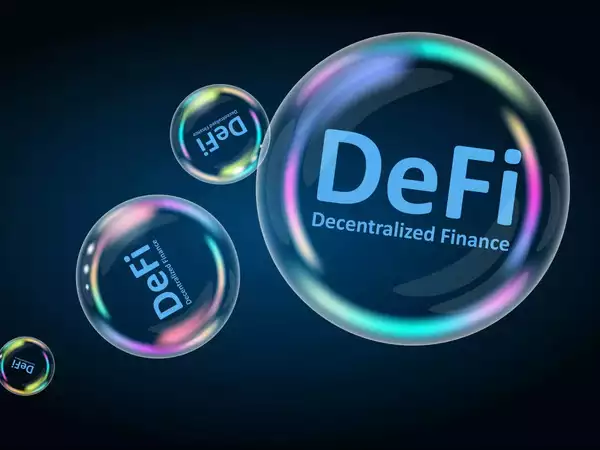In recent years, the financial industry has witnessed a significant shift towards decentralization, with a concept known as Decentralized Finance (DeFi) gaining attention. DeFi refers to a new wave of financial services that operate on blockchain technology, thus providing an alternative to traditional banking systems. Lets see more about it:
What is DeFi?
DeFi is a system of financial services, such as lending, borrowing, and trading, without relying on traditional financial institutions. In traditional finance, banks, brokers, and other institutions are responsible for facilitating financial transactions. In DeFi, smart contracts—self-executing agreements coded on a blockchain—take over these roles, thus allowing users to transact directly with each other.
How Does DeFi Work?
At the heart of DeFi are smart contracts. These are automated programs that run on blockchain networks, thus executing agreements without the need for intermediaries. DeFi platforms use these smart contracts to create decentralized applications (dApps) for various financial services like lending, staking, and trading.
These applications are built on blockchain platforms. These dApps facilitate various financial services, from exchanging currencies to also providing loans. With DeFi, all transactions are recorded on the blockchain, making them transparent and immutable, which means they can’t be altered once confirmed.
Example of DeFi:
One popular example of DeFi is Aave, a decentralized lending and borrowing platform. In traditional finance, if you want to borrow money, you’d need to approach a bank or a financial institution, which would involve providing collateral, going through credit checks, and agreeing to loan terms.
With Aave, users can lend or borrow cryptocurrencies directly from one another. If you have Ethereum or Bitcoin, you can lend it on the platform and earn interest. If you need to borrow funds, you can do so by providing cryptocurrency as collateral. All these processes are managed by smart contracts, without the need for banks, thus making it faster, cheaper, and more accessible for everyone.
Key Features of DeFi:
- Decentralization: DeFi removes intermediaries like banks, allowing peer-to-peer transactions.
- Transparency: All transactions are recorded on the blockchain and are visible to everyone.
- Security: Blockchain technology ensures high levels of security for users’ data and funds.
- Open Access: Anyone with an internet connection can access DeFi services, regardless of location.
- Smart Contracts: These self-executing contracts ensure that terms are met automatically.
Conclusion:
In conclusion, DeFi represents a new era of finance, offering users greater control, privacy, and opportunities without the reliance on traditional financial institutions. With platforms like Aave paving the way, DeFi is likely to become an integral part of the financial landscape in the future.
– Ketaki Dandekar (Team Arthology)
Read more about Decentralized Finance (DeFi): https://www.investopedia.com/decentralized-finance
